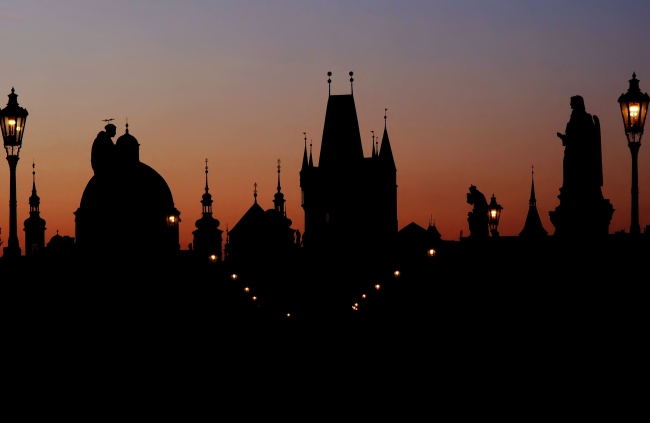Josef Suk, Scherzo fantastique
by Jon Meado
Born January 4, 1874, in Křečovice, Czechoslovakia
Died May 29, 1935, in Benešov, Czechoslovakia
Composed in 1903
Premiered on April 18, 1905 in the Rudolfinum, Prague
Performance Time: Approximately 15 minutes
Canonic figures like Felix Mendelssohn (Midsummer Night’s Dream Overture from 1826), Hector Berlioz (Queen Mab from the 1839 choral symphony Roméo et Juliette), and Paul Dukas (The Sorcerer’s Apprentice from 1897) assisted in bringing the concert hall genre known as the fantastic scherzo into its own throughout the 19th century. The fantastic scherzi of such luminaries grew in popularity because of how they showcased their composers’ innovative use of sonic and formal parameters like orchestral color, rhythm, meter, dynamics, and phrasing. That less ink has been spilled in Josef Suk’s (1874-1935) name than, say, a Mendelssohn or Berlioz, and that he is currently known more for intimate, expressive piano cycles and the funereal Asrael Symphony (1905-1906), does not detract from how the Bohemian composer, violinist, and educator, forcefully drew the fantastic scherzo genre into the 20th century with his Scherzo fantastique. Suk’s Scherzo fantastique received its premiere on 18th April 1905 in the prestigious Rudolfinum auditorium in Prague. Suk’s contribution serves as a powerful introduction to both an underrated composer and to the soundworld of an orchestral genre more broadly.
Scherzo is the Italianization of Scherz, a German word for joke. And within the context of the concert hall, the fantastique refers to the composer’s production of a sort of wavering or hesitation in both the audience and the music’s unfolding. For example, Suk cleverly toggles between the jocular and incongruous phraseology of the scherzo’s first, woodwind-dominated theme and the well-defined triple meter of the balanced, waltz-like second theme, whose lyrical melody is divided between the cellos and violins. So, while contrapuntal as well as modal and chromatic harmonic innovations of the turn-of-the-century are present and accounted for, the Scherzo fantastique reveals its genre credentials less through harmonic and contrapuntal planning and symphonic thematic development and more through subtle shifts in orchestral color, dynamics, metric, and rhythmic conflicts at different temporal levels.
Jon Meadow is a Ph.D. student in Historical Musicology at New York University. His work is focused on the roles of humor and comedy in Bohuslav Martinů’s Great Depression theatre reforms.

